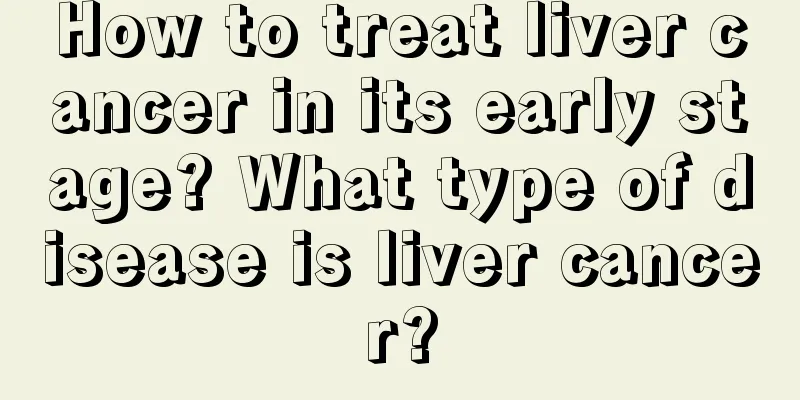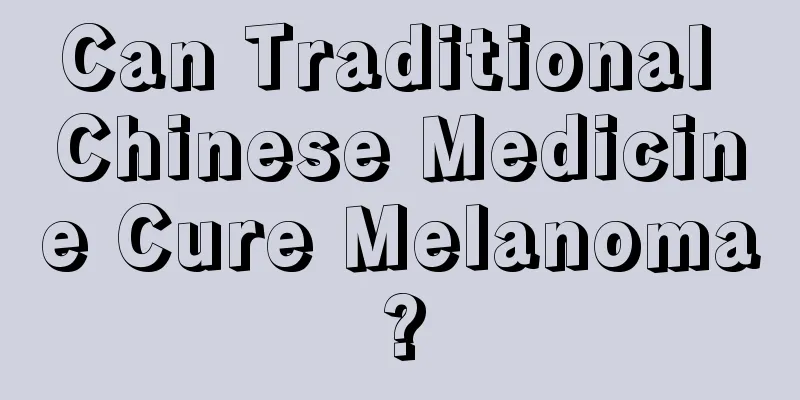What happens if an unmarried girl gets thyroid cancer? What should I do?

|
Thyroid cancer in unmarried women may be caused by oncogenes, genetic factors, environmental factors, dietary factors, exposure to ionizing radiation, etc. It is recommended that patients seek medical treatment in a timely manner, identify the cause of the disease, and take appropriate treatment measures under the guidance of a doctor. The specific analysis is as follows: 1. Oncogenes: The occurrence and development of thyroid cancer are affected by different oncogenes and growth factors. The deletion and mutation of proto-oncogenes can induce cancer. Genes generally associated with the onset of thyroid cancer include BRAF mutation, RAS mutation, and PET/PTC/PEK gene recombination. You can go to a local hospital for genetic testing and imaging examinations such as B-ultrasound and CT to determine whether you have a risk of cancer. If you do, you can intervene and treat it in time. 2. Genetic factors: Thyroid cancer has a familial tendency to occur. If there are elders or direct relatives in the family with familial adenomatous polyposis, Gardner syndrome, multiple hamartomas and other genetic diseases, the risk of thyroid cancer in children may increase. You can go to the local hospital for genetic counseling and gene testing. If there is a risk of cancer, early intervention can be carried out. 3. Environmental factors: If unmarried women live in a radiation-containing environment for a long time, the thyroid gland may be affected by radiation, causing gene mutations and increasing the risk of disease. They should stay away from radiation-containing environments and reduce the number of times they are exposed to radiation in their daily lives. 4. Dietary factors: If the patient has iodine deficiency for a long time, it will lead to insufficient thyroid secretion, goiter, compression of the trachea and breathing difficulties. If not treated in time, it is likely to increase the risk of thyroid cancer. The intake of iodine needs to be reasonable, and appropriate addition has certain benefits for the body. 5. Thyroid diseases: If the patient has hyperfunctioning goiter, thyroid adenoma, Hashimoto's thyroiditis and other diseases, if they are not treated in time or the condition gradually worsens, or even combined, the risk of cancer may increase. If there is an underlying disease, symptomatic treatment should be carried out immediately to control the disease to avoid increasing the risk of cancer. Patients diagnosed with thyroid cancer should actively cooperate with doctors for surgical treatment, removal of cancerous parts, postoperative radiotherapy, chemotherapy and targeted therapy to control the development of the disease. During treatment, keep a happy mood and avoid staying up late or drinking a lot. |
<<: What are the 6 early symptoms of stomach cancer in women
>>: Can niacinamide be used for breast cancer
Recommend
Is cervical cancer hereditary?
Cervical cancer may be life-threatening. Patients...
Indications for surgical treatment of lung cancer
Surgery is the main method for treating lung canc...
Is lymphoma lymphoma?
Lymphoma is a highly malignant tumor. In the past...
Detailed instructions for preserving winter dates
Winter dates are a very familiar fruit to everyon...
How to treat acne, papules and pimples
Although most people will get acne on their faces...
Taboos of soaking feet in ginger water
For people with cold hands and feet, we recommend...
Rehabilitation nursing methods for gallbladder cancer
Everyone is afraid of tumors, thinking that if a ...
What should I do if the zipper gets caught in the fabric?
People deal with zippers every day. When using zi...
What is the cause of ovarian teratoma
Ovarian teratoma is a common ovarian germ cell tu...
Ovarian tumor causes ascites
Ovarian tumor causing ascites For women who have ...
10 signs of pubic cancer
The treatment of pubic cancer needs to be formula...
Precautions for daily care of herpes encephalitis
Herpes encephalitis has a great impact on people&...
What is the cause of bleeding tongue
Tongue oozing may be caused by local trauma, and ...
Can bamboo charcoal remove formaldehyde?
The smell of formaldehyde is poisonous, and there...
Tips for staying up all night without feeling sleepy, dedicated to overtime workers
If you want to stay up all night without feeling ...









